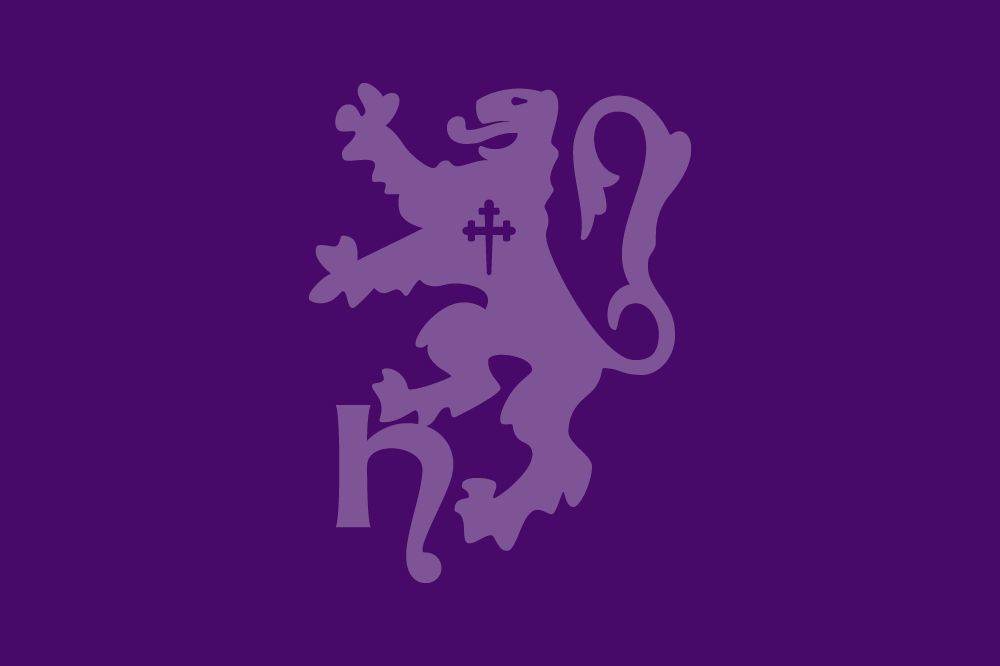At a meeting of full Council on 21 February 2024 Horsham District Council councillors agreed to set the Council’s financial and capital budget for the coming financial year which starts in April 2024.
Despite the effects of high levels of inflation over the last two years, which have increased gross costs by some £3.5 million, the Council is still on course to deliver a balanced budget for the financial year 2024/25.
Sound financial management and healthy reserves put the Council in a good position to help vulnerable residents who are struggling with the cost-of living crisis, take action to meet the environmental challenges of the climate emergency and invest in significant capital projects.
The Council will continue to charge the lowest Council Tax in West Sussex and remain in the lowest quartile in the UK whilst maintaining high quality services for residents.
Whilst Government and County funding for those on Council Tax Support has fallen away, the District Council is continuing to support claimants on Council Tax Support with a contribution of up to £195 towards any residual amounts on their Council Tax bill. In 2024/25, this will be extended to pension age claimants on Council Tax Support as well.
The budget will also accommodate a significant £10.8m capital programme, investing in infrastructure and facilities for residents and expanding the work being undertaken on achieving net zero carbon emissions by 2030, which is one of the Council’s key objectives.
It was agreed that fees and charges across its services would increase, raising Council Tax in the District by £3.34 (2%) to £170.28 at Band D, and rely on one-off Government funding from the Settlement.
This allows the Council to maintain really good quality services and voluntary grants whilst protecting all its non-statutory services. These include for example, the work undertaken by our Community Services team that is so greatly appreciated by our residents and supports residents who are struggling with living costs.
Looking further ahead in the medium-term to 2030, the Council faces some significant risks and rising costs. One-off Government funding is likely to fall away as funding in the sector is redirected to those with social care responsibilities. Cost inflation and the reduction of income from a fall in interest rates or balances from Treasury Management investments will put pressure on current operating costs.
In 2023, the Government mandated the collection of food waste by March 2026 which will add an estimated £1.8m per annum to costs, although some Government revenue funding towards this is anticipated. This indicatively contributes to a forecast budget gap of some £3.7m by the end of the decade. This is before the significant cost of moving towards net zero has been considered.

